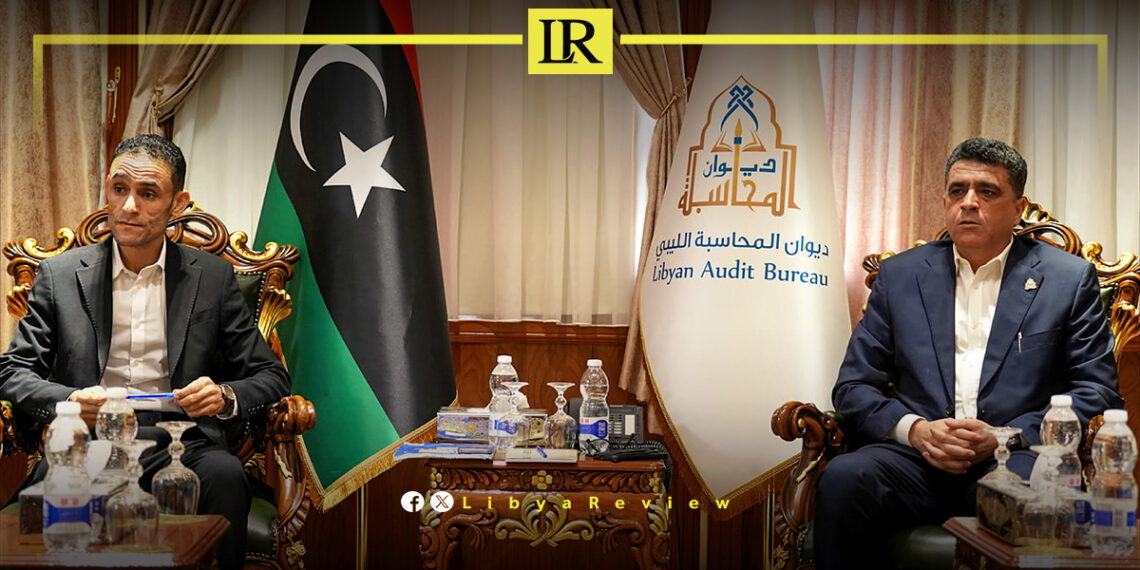Khaled Shakshak, the head of the Libyan Audit Bureau, along with Deputy Auditor Attia Allah Abdul Karim, is closely monitoring preparations for hosting the 16th General Assembly of the African Organisation of Supreme Audit Institutions (AfroSAI). The event will also include the 60th Executive Council meeting and various technical committee sessions, scheduled for early December.
During a meeting with the preparation committee members, Shakshak emphasised the importance of ensuring full readiness to organise the meetings efficiently. The committee members reported on completed tasks and outlined the ongoing initiatives, discussing the steps taken to ensure a successful event.
Both the head and deputy of the bureau highlighted the necessity of verifying that all teams are prepared and that all procedures and aspects required for the successful execution of the meetings are in place.
Libya has been in chaos since a NATO-backed uprising toppled longtime leader Muammar Gaddafi in 2011. The county has for years been split between rival administrations.
Libya’s economy, heavily reliant on oil, has suffered due to the ongoing conflict. The instability has led to fluctuations in oil production and prices, impacting the global oil market and Libya’s economy.
The conflict has led to a significant humanitarian crisis in Libya, with thousands of people killed, and many more displaced. Migrants and refugees using Libya as a transit point to Europe have also faced dire conditions.
The planned elections for December 2021 were delayed due to disagreements over election laws and the eligibility of certain candidates. This delay has raised concerns about the feasibility of a peaceful political transition.
Despite the ceasefire, security remains a significant concern with sporadic fighting and the presence of mercenaries and foreign fighters. The unification of the military and the removal of foreign forces are crucial challenges.


